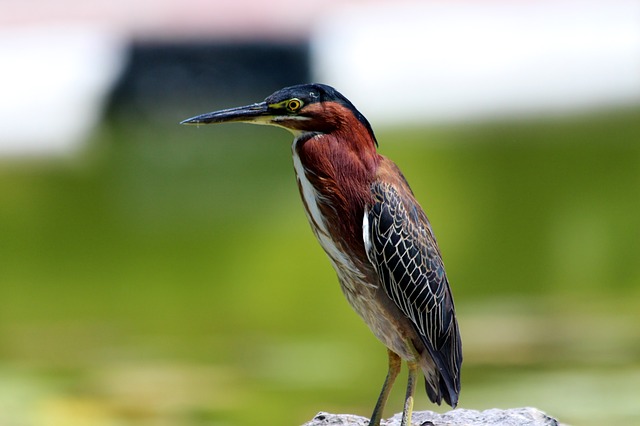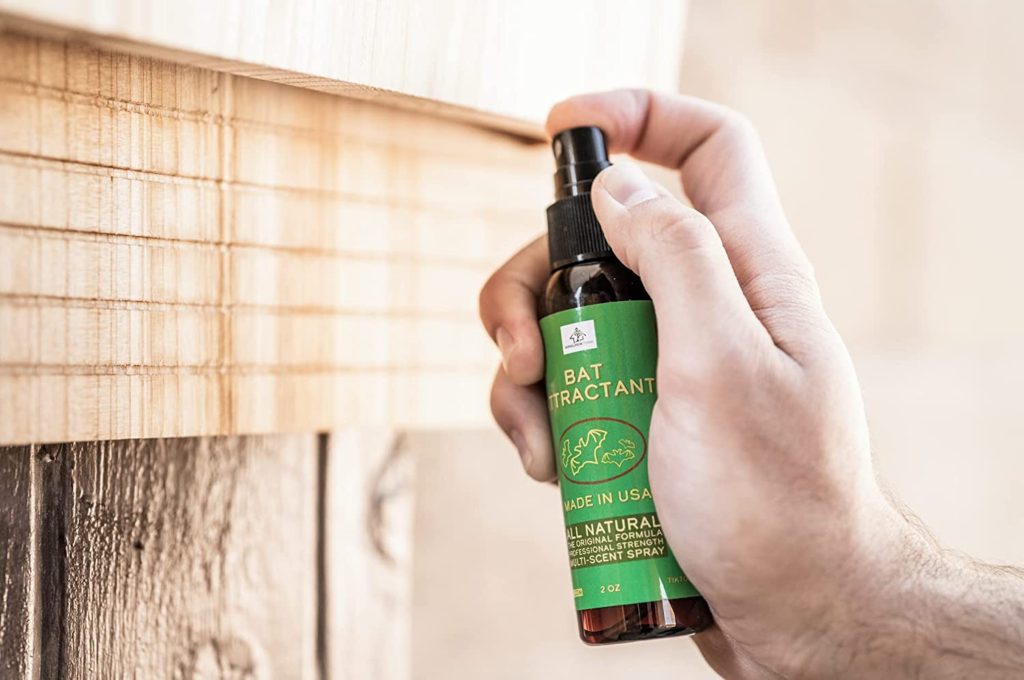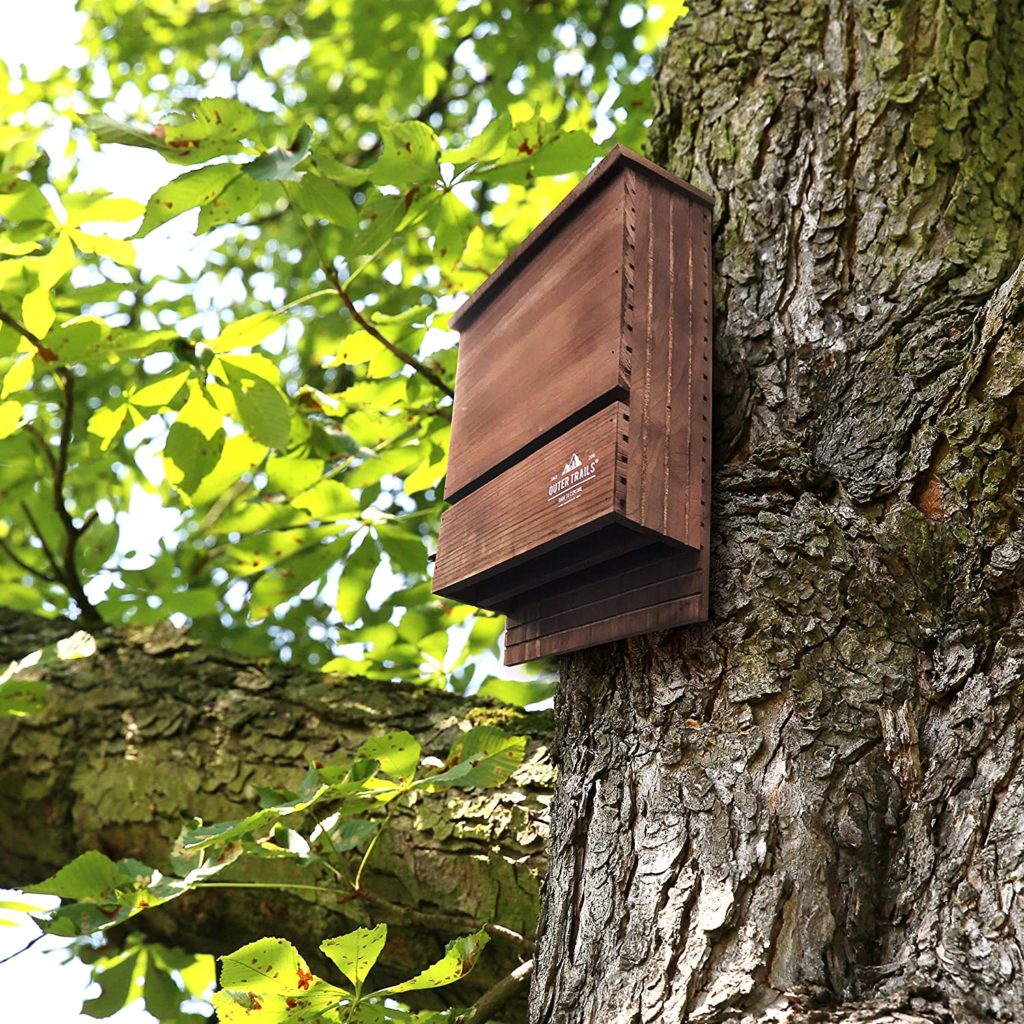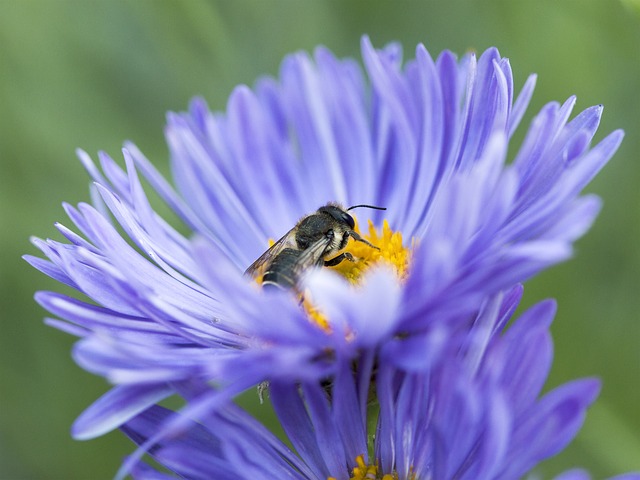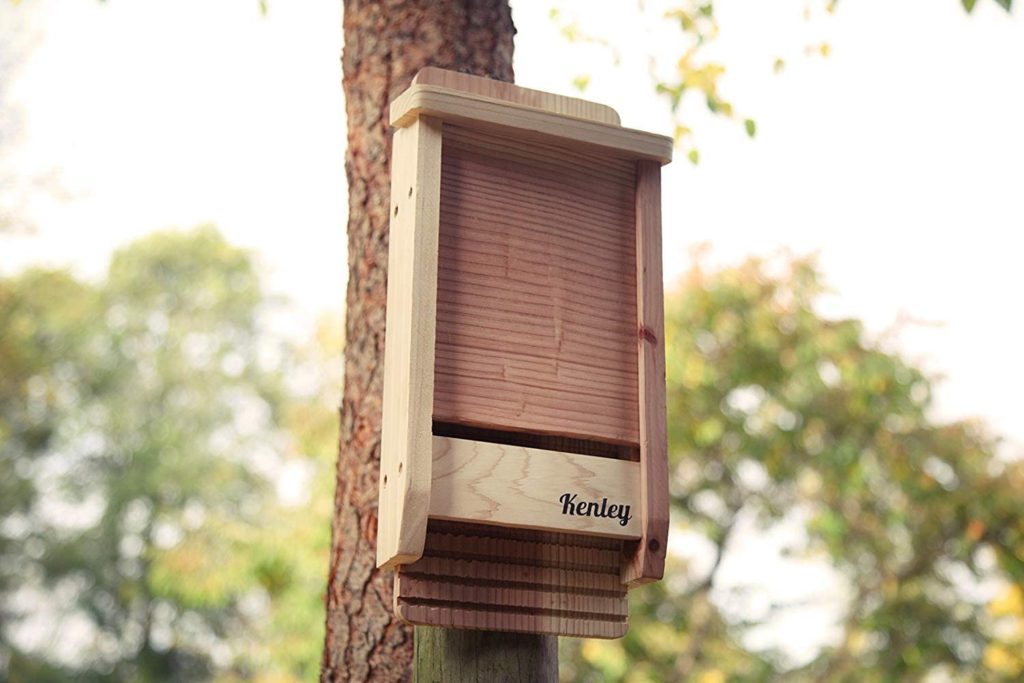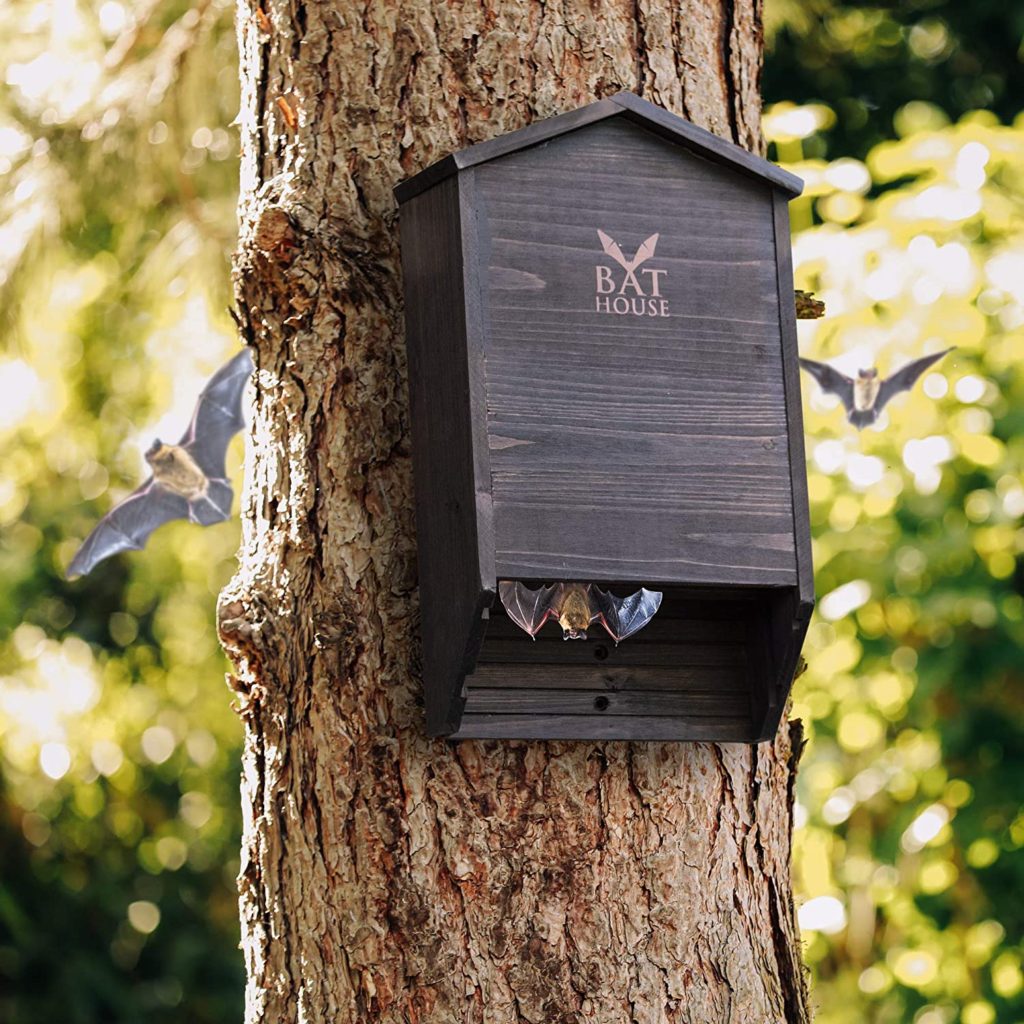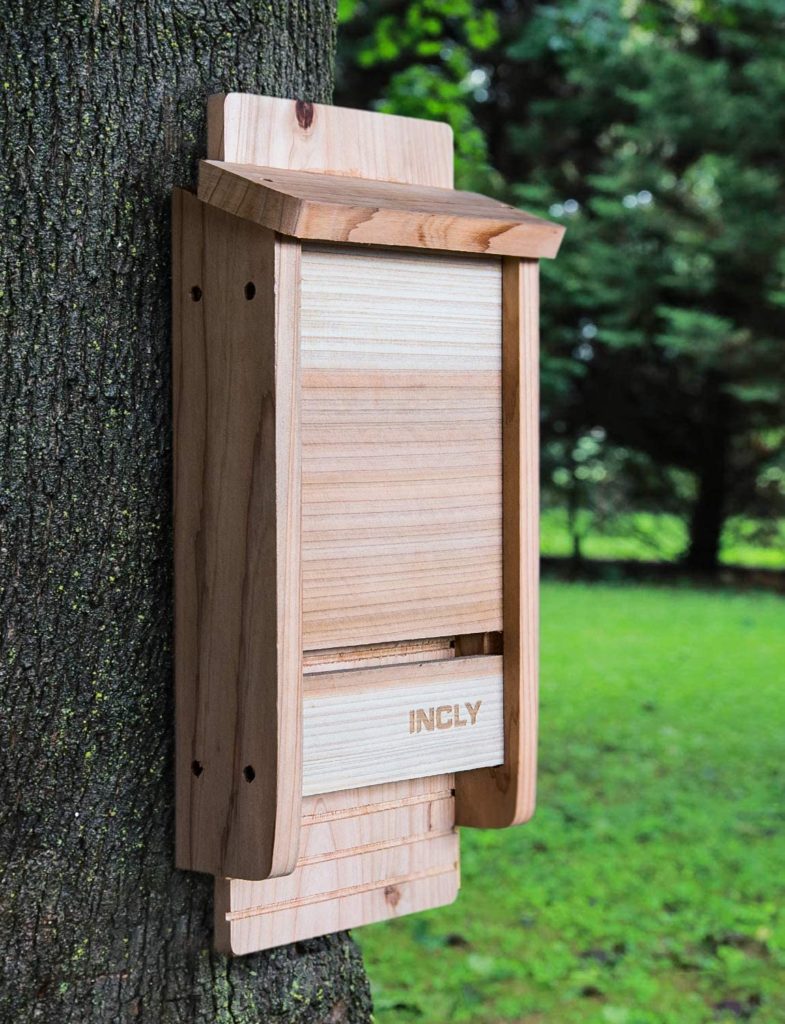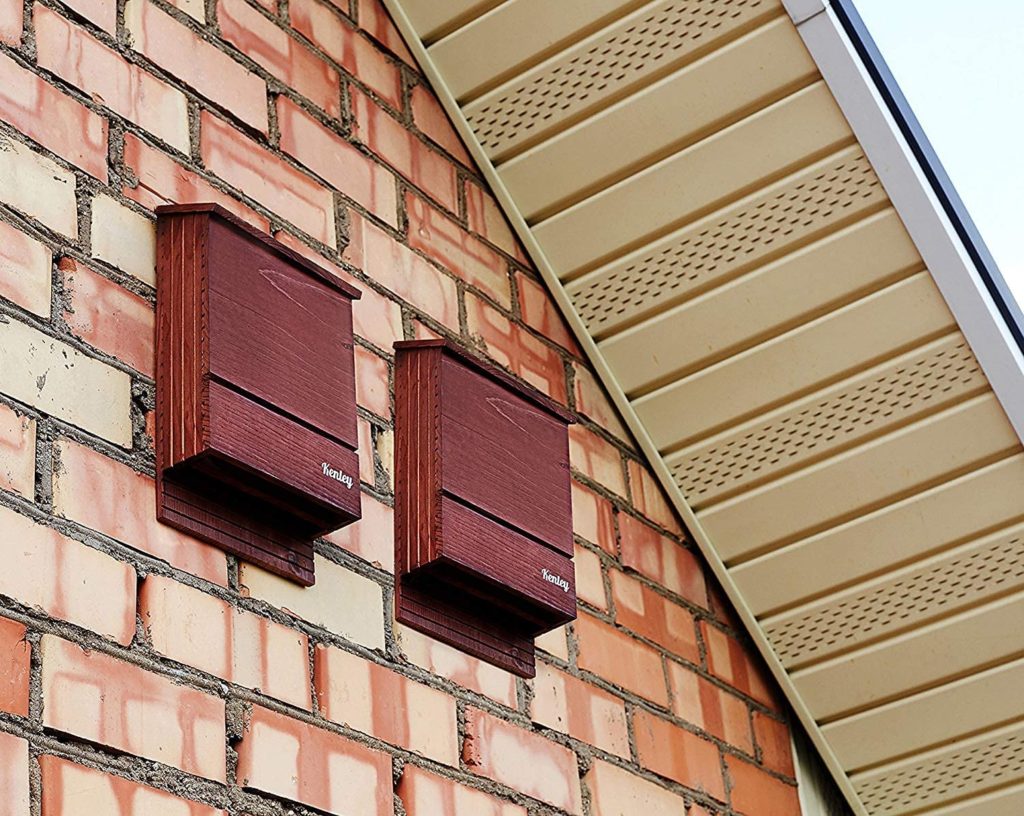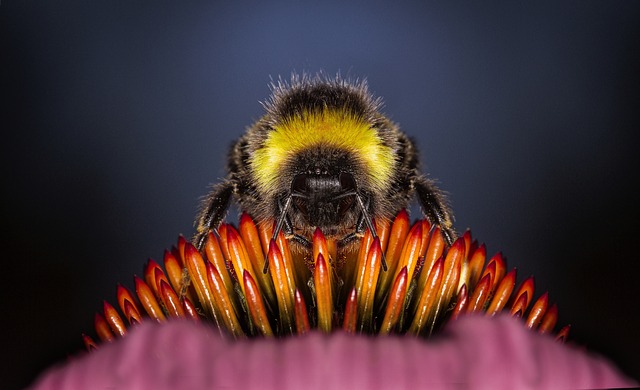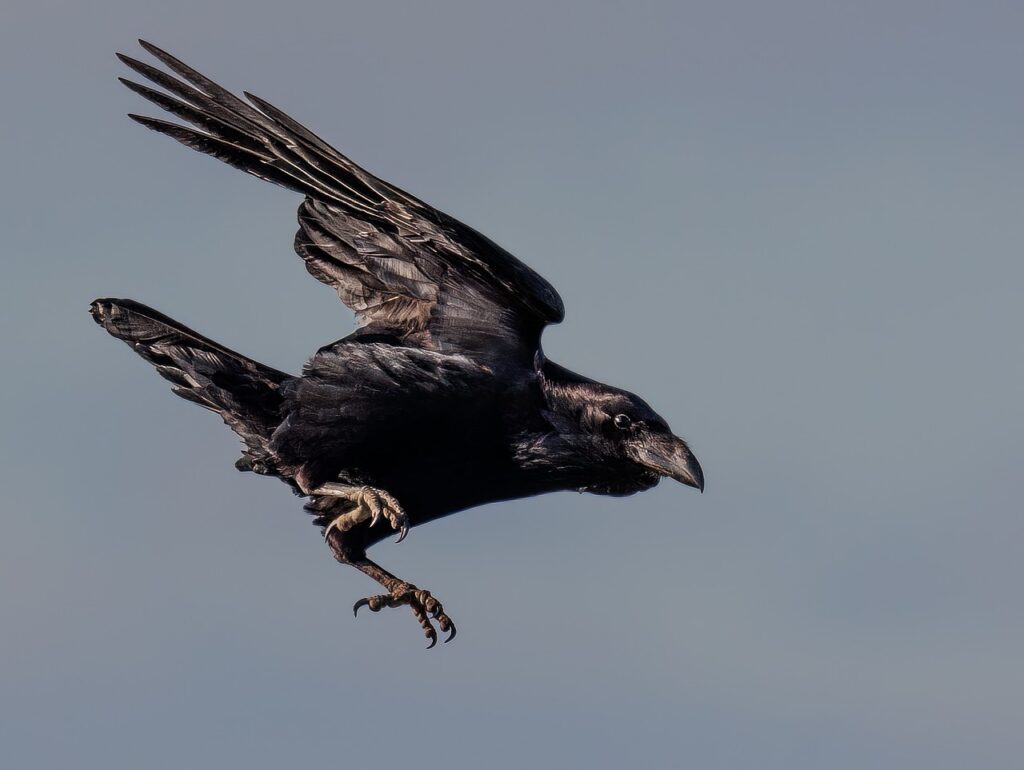
Crows can be quite a nuisance. And one natural way to deter them is by using scents that they dislike. But what smells do crows hate? Read on to find out!
Pest Crows
Crows are often considered to be pests. In agricultural areas, they are well-known for causing crop damage leading to economic losses for farmers. They often raid backyard bird feeders and scare away smaller bird species.
Crows can also be incredibly loud, and leave quite a mess particularly when they gather in large flocks. For these reasons, many people attempt to deter crows especially using natural methods such as scents.
Are Crows Sensitive to Smell?
Birds in general are not known for their ability, to smell. However, crows along with other corvids such as jays and ravens do have a larger olfactory bulb in comparison to most other types of birds. The olfactory bulb is the part of the brain that processes different smells. They also have a higher number of olfactory receptors, the cells responsible for detecting odors.
Crows have been observed to be able to detect the smell of carrion and other food-related items. That being said the research on the ability of crows to smell is limited. In general, crows mainly rely on other senses such as their hearing and vision, both of which are excellent. In fact, a crow’s eyesight is among the best of all birds. And it helps them spot predators, find food, and navigate their environment.
Smells That Crows Hate
Just like crows can be attracted to the smells of certain foods, there are also smells crows hate. And they can be used to repel them. One of the most effective is methyl anthranilate. This is a chemical compound that is commonly used in bird repellents. It is actually also used as a food additive to make grape flavoring.
Methyl anthranilate has the scent of grapes, more specifically concord grapes. And crows along with several other birds considered to be pests hate the smell and taste of it. It is safe for humans, pets, and other wildlife and is often used to deter birds from agricultural crops and plants.
In addition, it is believed that crows hate the smell of garlic and strong-smelling essential oils such as peppermint, citronella, and eucalyptus oil.
How to Use Scents to Repel Crows
If you’d like to repel crows using smells there are several ways to do so. Probably the simplest and most effective is to purchase a bird-repellent spray that contains methyl anthranilate. It’s typically sprayed directly on plants and in areas you want to deter crows and other birds.
And it usually needs to be re-applied every ten days or so, although if there is heavy rain it will need to be sprayed more frequently. Instead of manually spraying, another option are automatic dispensers that use cartridges of methyl anthranilate. These periodically spray the deterrent on their own, only requiring you to replace the cartridge about every sixty days.
Cloves of garlic can be placed around the areas that the crows frequent. However, you’ll need to remember that they rot quickly and will need to be replaced. Garlic oil is another option that you can spray in these areas.
To create a spray using peppermint, citronella, or eucalyptus oils add a few drops of one of the oils to a spray bottle and mix it with water. (Some people like to combine peppermint with eucalyptus.) And then spray it in the areas where the crows are congregating.
An alternative option is to soak cotton balls in the oil and place them where the crows are an issue. Be sure to keep in mind that the scents will fade over time and need to be reapplied. Also while essential oils are natural they need to be diluted, they can be harmful if used in large amounts or ingested.
Other Deterrent Options
If you are using scents to deter crows from an area there are a few more things you’ll want to consider doing. Removing or making inaccessible whatever is drawing them to your property such as sources of food, water, or shelter will be extremely helpful.
And while using smells crows hate to repel them can be effective, combining scent repellents with other methods can increase the chances of success dramatically. Visual deterrents such as dead crow decoys and reflective tape along with noise deterrents like windchimes or even bird cannons can help to keep the crows away.
Start Shopping for Crow Deterrents!
What Do Green Herons Eat?
The green heron is a secretive and small heron species. What it lacks in size however it makes up for in intelligence. It is particularly well-known for how it uses its smarts when hunting for food. So what do green herons eat? Read on to find out. Meet The Green...
How Does A Heron Catch Fish?
The great blue heron is well-known for its looks but also its fish-catching abilities. Whether in the wild or someone’s backyard pond these large birds are master hunters. So how does a heron catch fish? Here’s what you’ll want to know. Built For Success While herons...
What Direction Should A Bat House Face?
Buy on Amazon Bats are very particular when it comes to whether or not they will move into a bat house. One of the most important factors is the temperature inside, which will be strongly influenced by the direction that the house is facing. So what direction should a...
When To Put Up A Bat House
Buy on Amazon Bats can be a big benefit to your yard. But they can be picky when it comes to where they actually decide to roost. Knowing when to put up a bat house can help to tip the odds in your favor. Basic Seasonal Bat Behavior Many people don’t realize that in...
Bat Attractant: The Secret Weapon For Bat House Success
Buy on Amazon Purchasing a bat house is easy, however, having a colony of bats take up residence inside it is sometimes another story. To tip the odds in your favor using bat attractant can help. Here’s what you’ll want to know when considering using it. Bat House...
How To Attract Bats To Your Bat House
Buy on Amazon Having bats in your yard offers many fantastic benefits. So it’s no wonder that more and more people are installing bat houses in an attempt to get them to stay. However, you’ll first need to know how to attract bats to your bat house if you want them to...
The Buzz About Bee Gardens
Chances are if you’ve been paying even a little bit of attention, you’ve heard about the “beepocalypse.” Depending on the source, you’ve likely seen varying levels of concern. While some experts are simply following the phenomenon, others are downright alarmed....
What Does A Bat House Look Like?
Buy on Amazon Bat houses are shelters made specifically for bats. These flying mammals have special needs that houses are designed to meet. So what does a bat house look like? Well, read on and find out! Bat House Designs Houses for bats actually look like boxes. For...
What Is A Bat House?
Buy on Amazon What is a bat house? And better yet, why would you want one on your property? These are both commonly asked questions. Whether you’re just curious or have always wanted to have bats in your yard here’s what you’ll need to know. Bats are nocturnal...
The Top Bat House Benefits
Buy on Amazon A bat house is a specially designed shelter for bats. It provides them with a safe and convenient place to sleep. While they are great for the bats, there are many bat house benefits you can enjoy as well when you have one in your yard. Keep Bats Out Of...
Where To Put A Bat House
Buy on Amazon Where to put a bat house is an important decision. If it’s not in an appropriate spot, you may be putting your resident bats in danger. Or you may end up with an empty house since no bats are interested in living in it. So you’ll need to know a few...
Beneficial Garden Insects And Creatures Often Confused For Pests
There are many animals that we consider to be pests. However, many of them actually perform critical tasks and help to control the populations of much more devastating species. The following beneficial insects and creatures are ones you’ll want to keep around....
